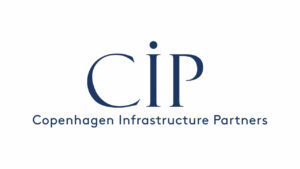By John Victor D. Ordoñez, Reporter
DANISH companies see potential for improving the Philippine business environment but are still concerned about governance issues and red tape, the Danish Ambassador to the Philippines said.
“The Danish business community is split in the sense they see tremendous potential, they believe the economy will grow, they believe it will remain a strong consumer market, so the potential is there,” Ambassador Franz-Michael Mellbin told BusinessWorld on the sidelines of the Copenhagen Infrastructure Partners (CIP) launch of a Light Detection and Ranging (LIDAR) system intended for its planned offshore wind project in Camarines Sur on May 30.
“But they worry about governance issues, they worry about the customs system, and they worry about red tape. So right now, there is a good opportunity in the Philippines to address those things.”
Last year, CIP, through its subsidiary Copenhagen Infrastructure New Markets Fund Philippines, became the first fully foreign-owned company awarded wind energy service contracts by the Department of Energy after the Philippines opened up renewables to full foreign ownership.
The planned offshore wind projects are in Camarines Norte and Camarines Sur, with capacity projected at 1,000 megawatts (MW); Northern Samar (650 MW); and Pangasinan and La Union (350 MW).
CIP last week launched its LIDARs for its 1-gigawatt offshore wind power project in San Miguel Bay in Camarines Sur, which the company expects to be complete by 2028.
The devices use laser technology to measure wind speeds to assess an area’s capacity to generate wind energy.
The Board of Investments granted CIP’s projects green lane certificates of endorsement to fast-track the processing of permits.
Mr. Mellbin added that more Danish companies involved in renewable energy are keen on investing in the Philippines.
“Red tape is a big issue for investors, but there’s also been a lot of work done to make it easier for people in the renewable sector,” he said.
The envoy said the Philippines has the potential to develop robust renewable energy projects due to its diverse natural resources such as wind, solar and biomass.
“But these energy projects, especially on the wind side, are so large and capital intensive that you need a lot of partnerships,” he said.
“You need partnerships with the government, both the central government and the provincial government, but you also need Filipino business partners.”
